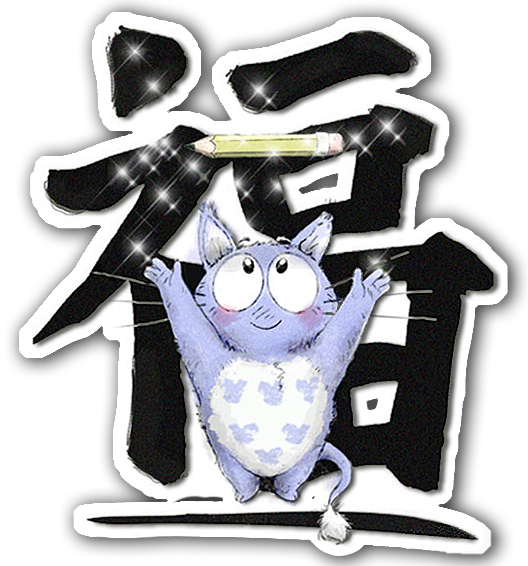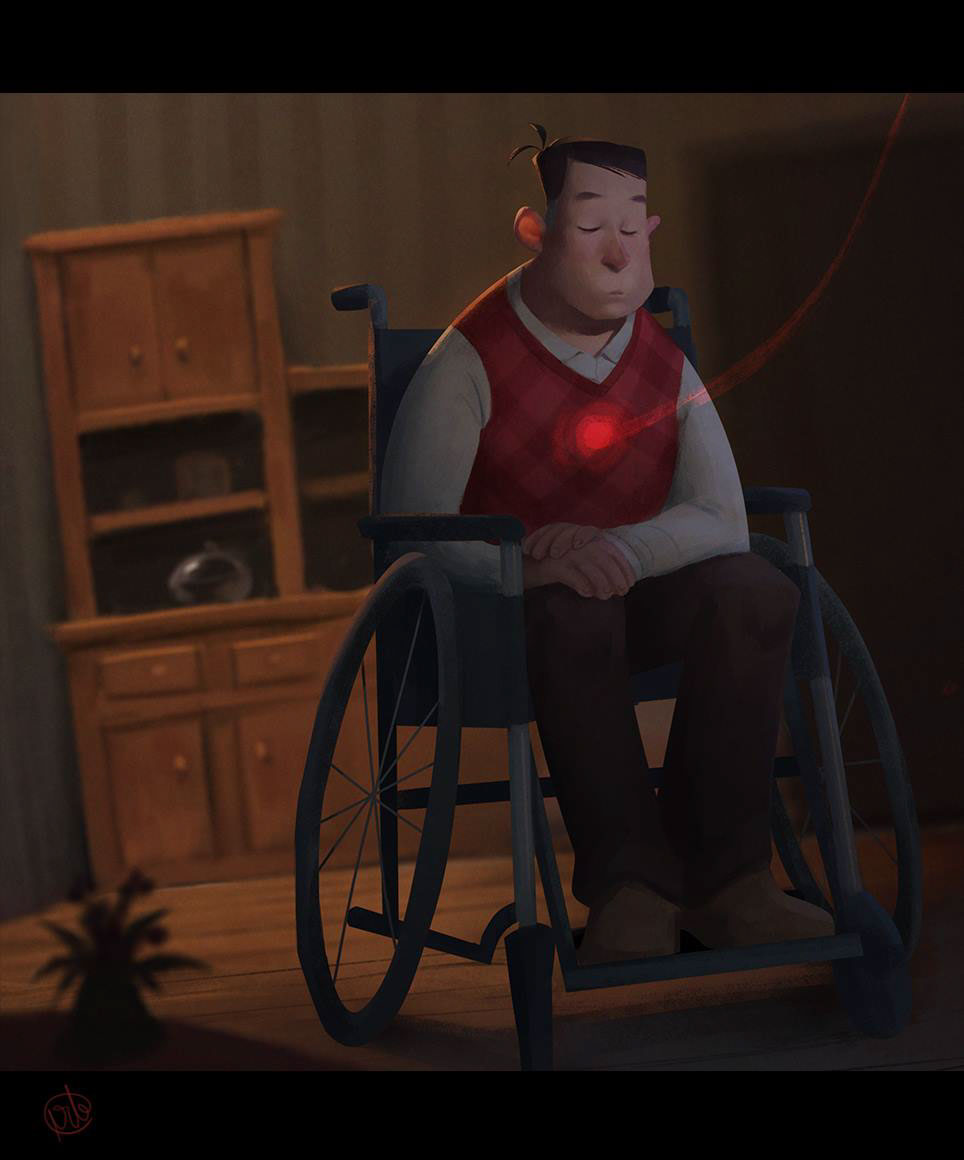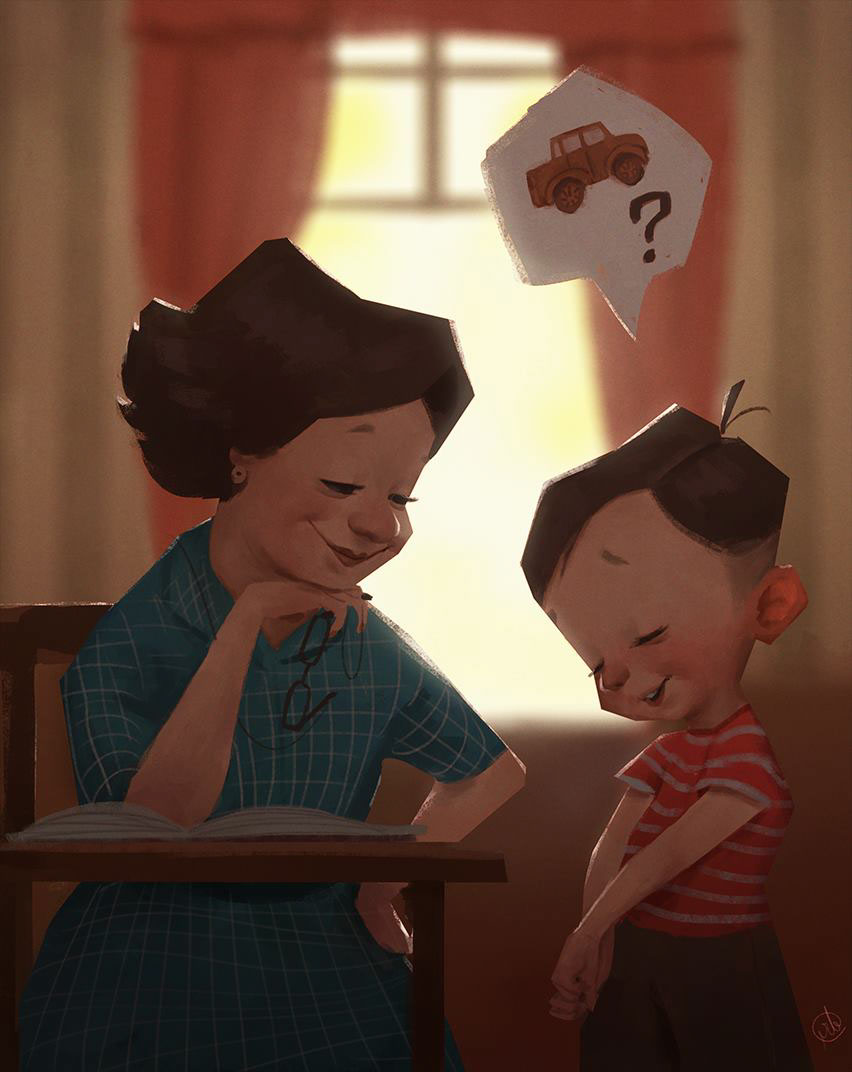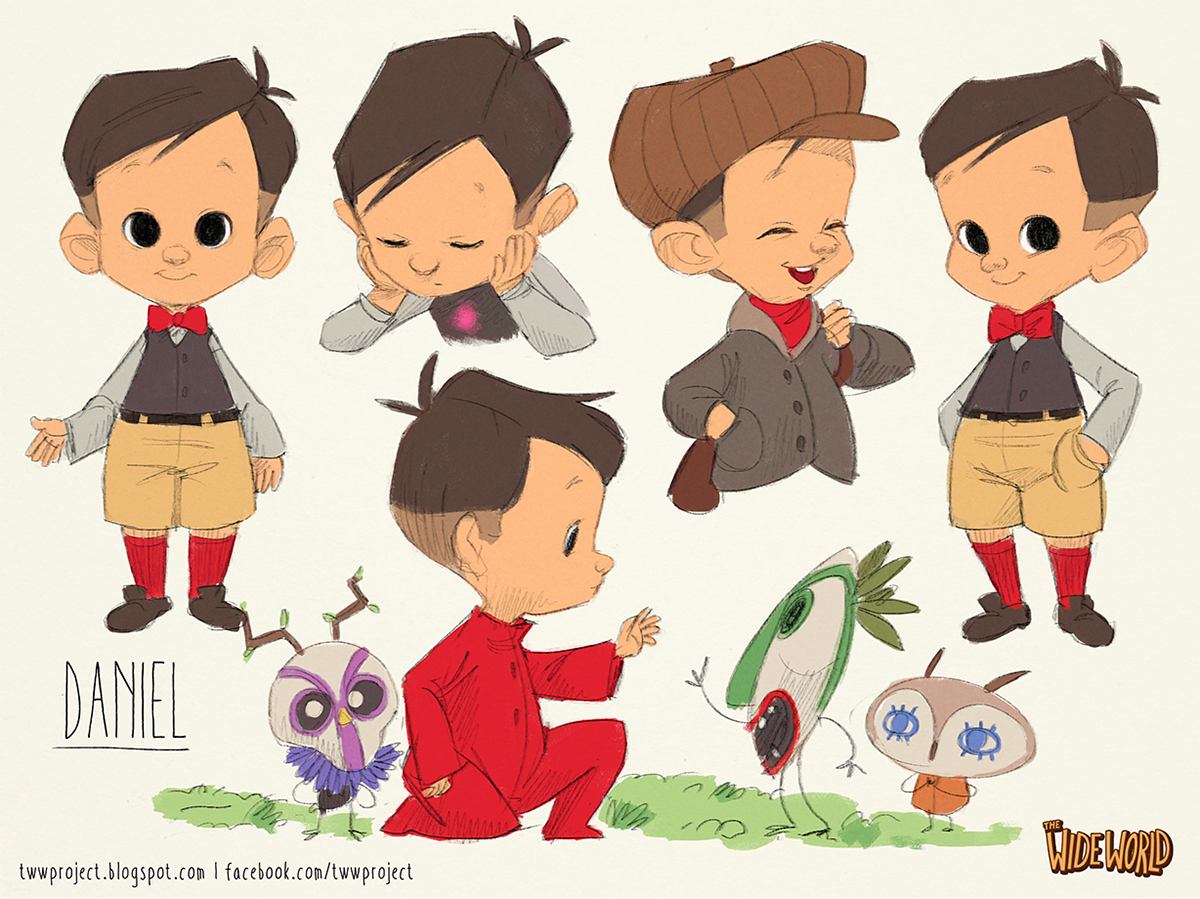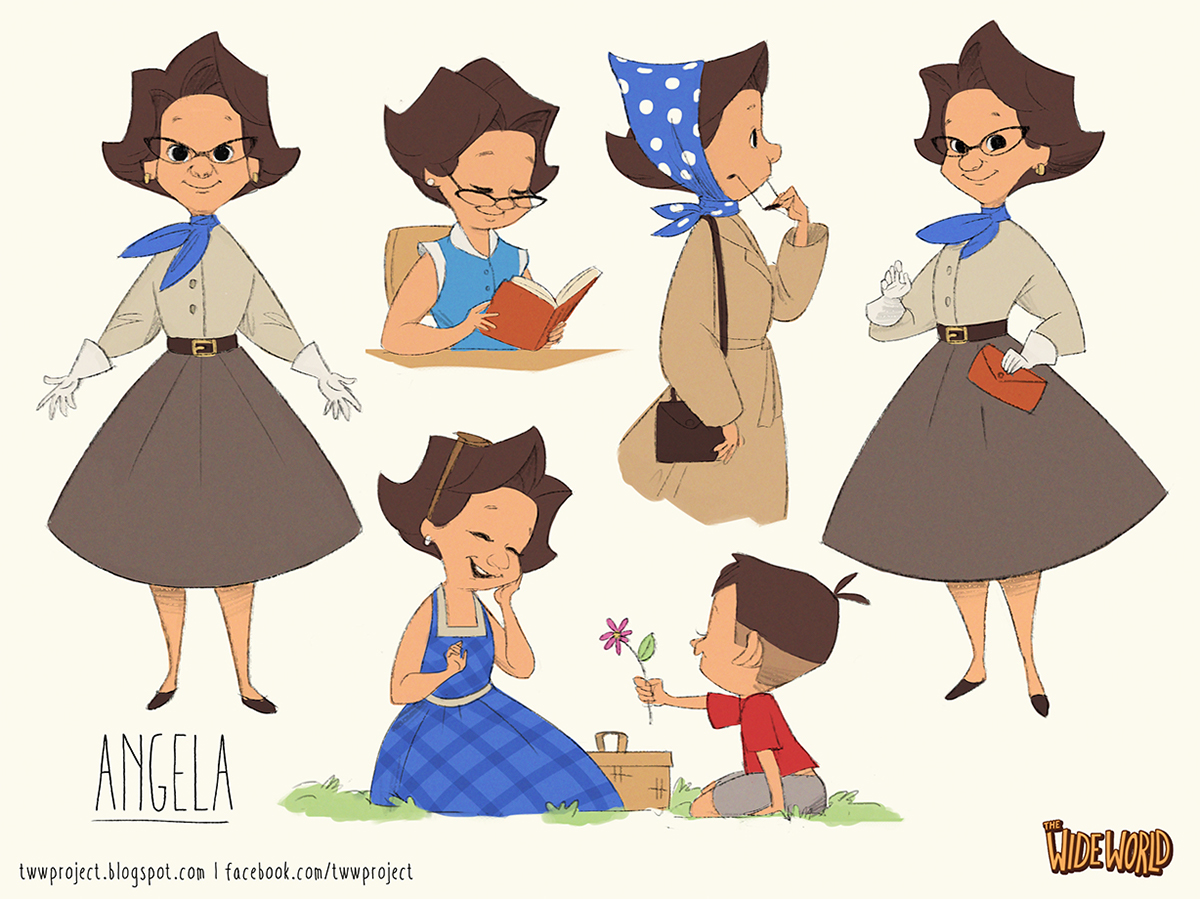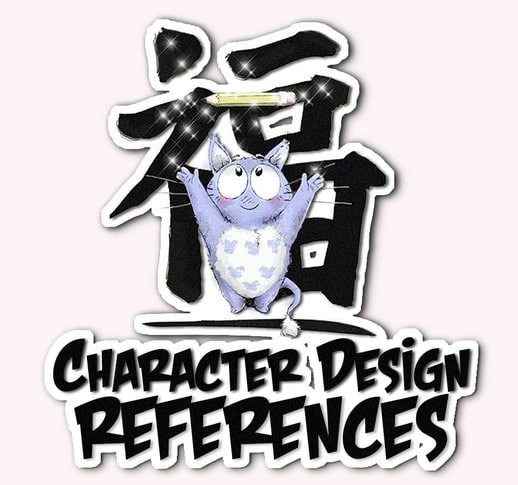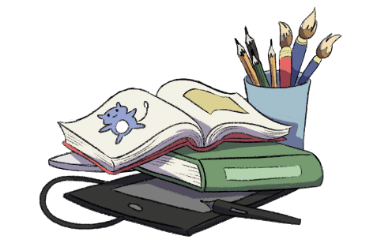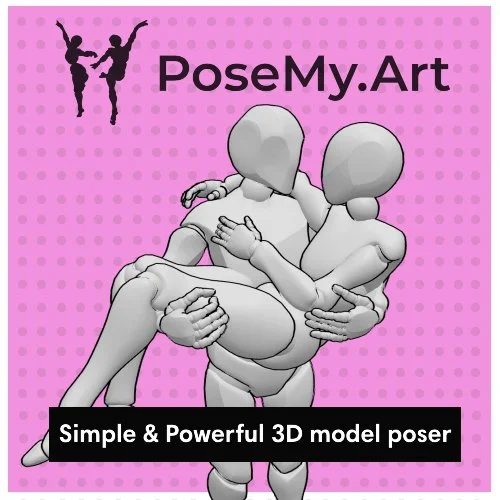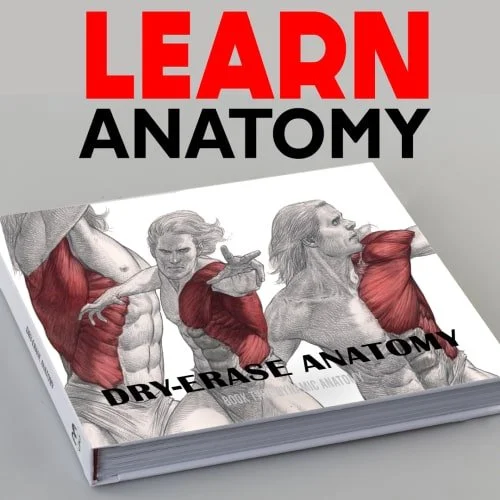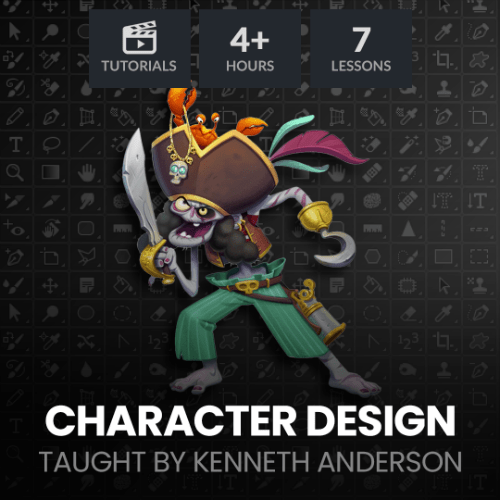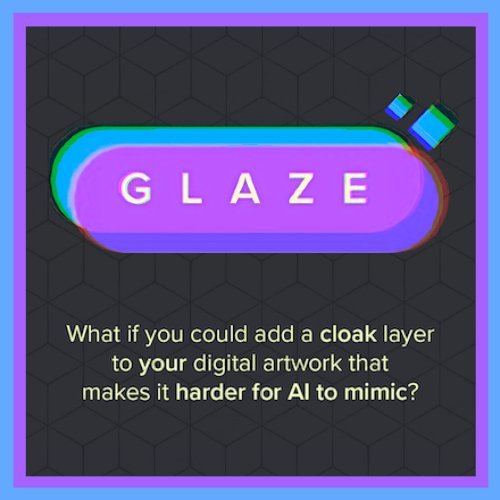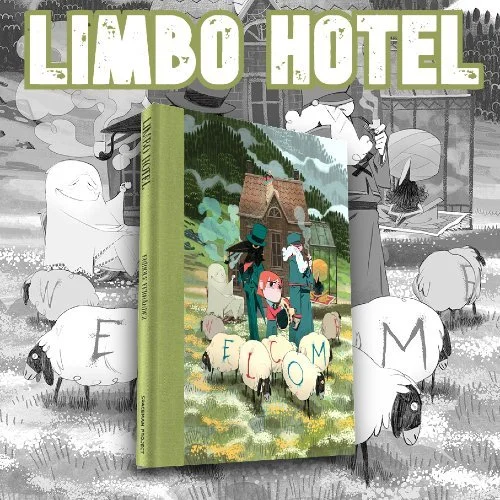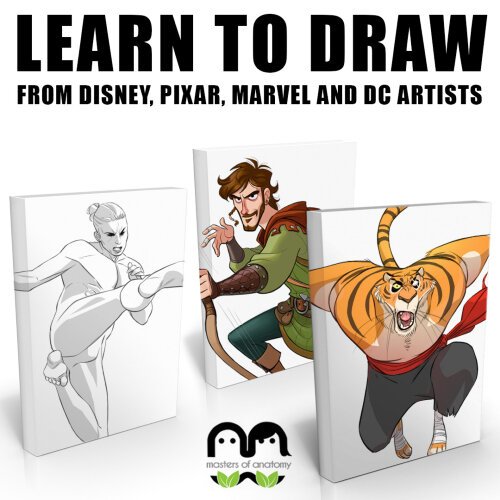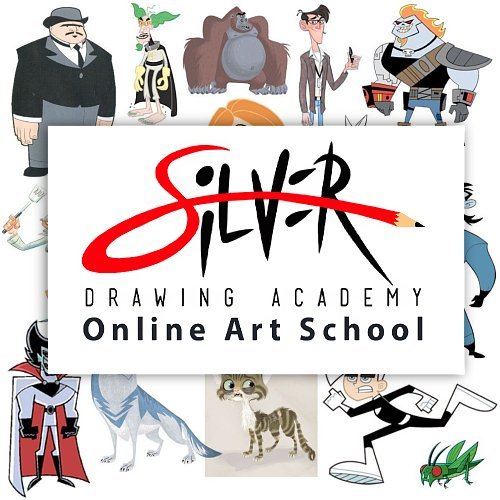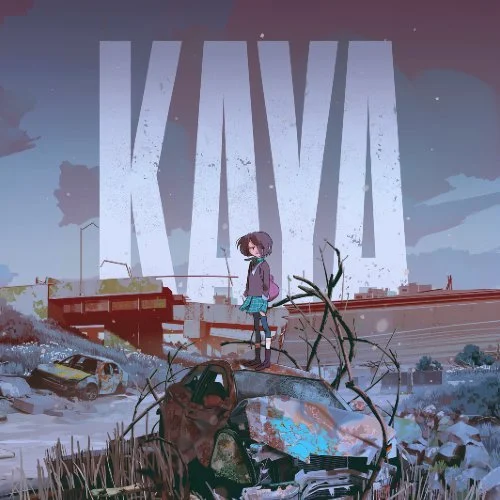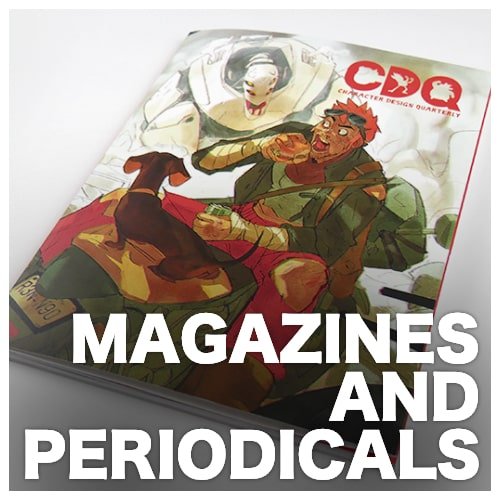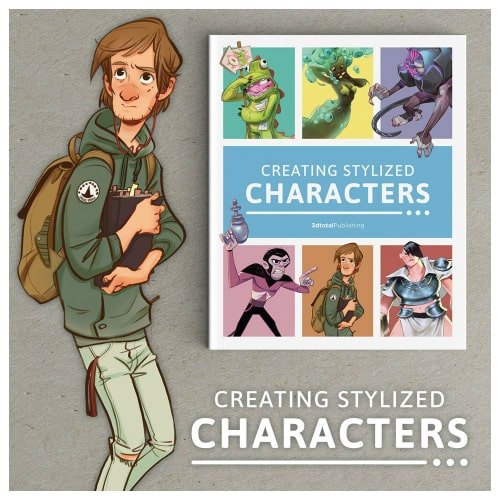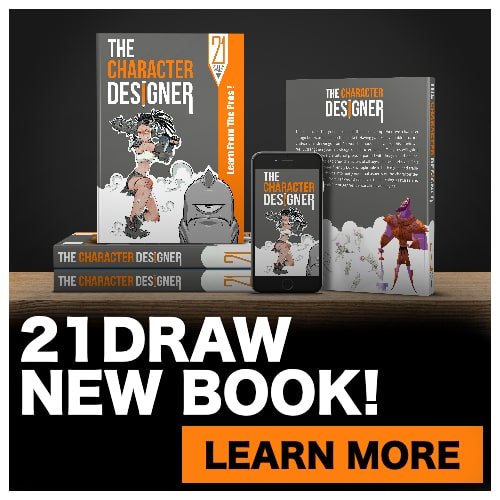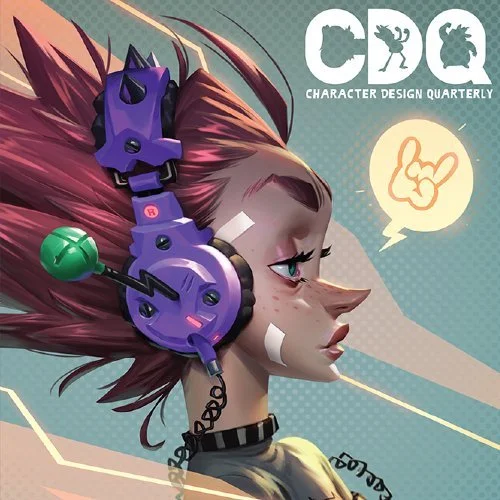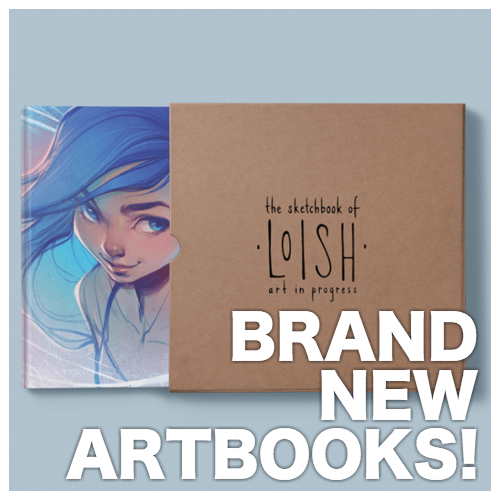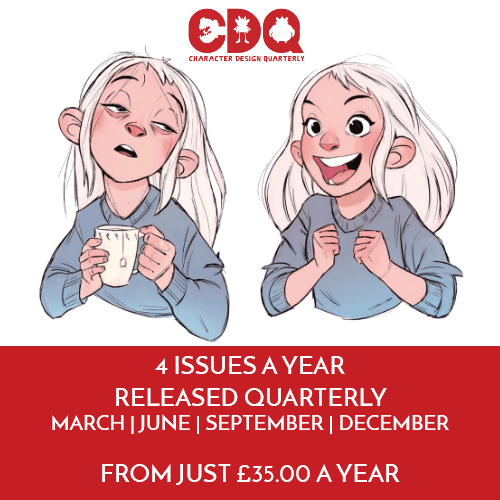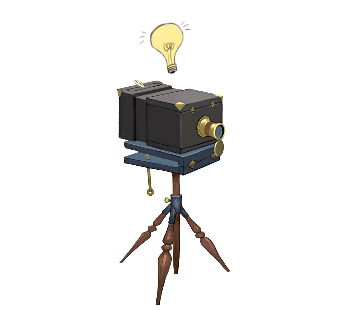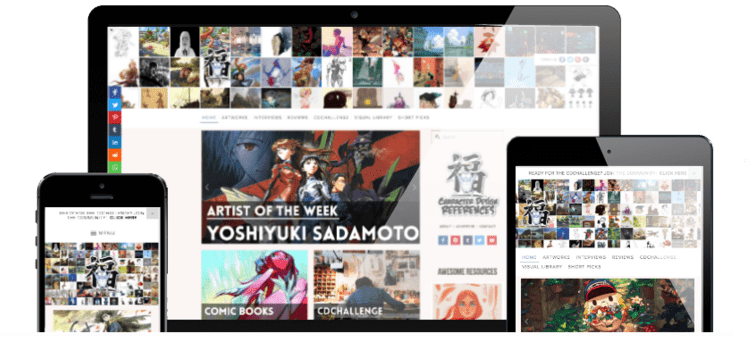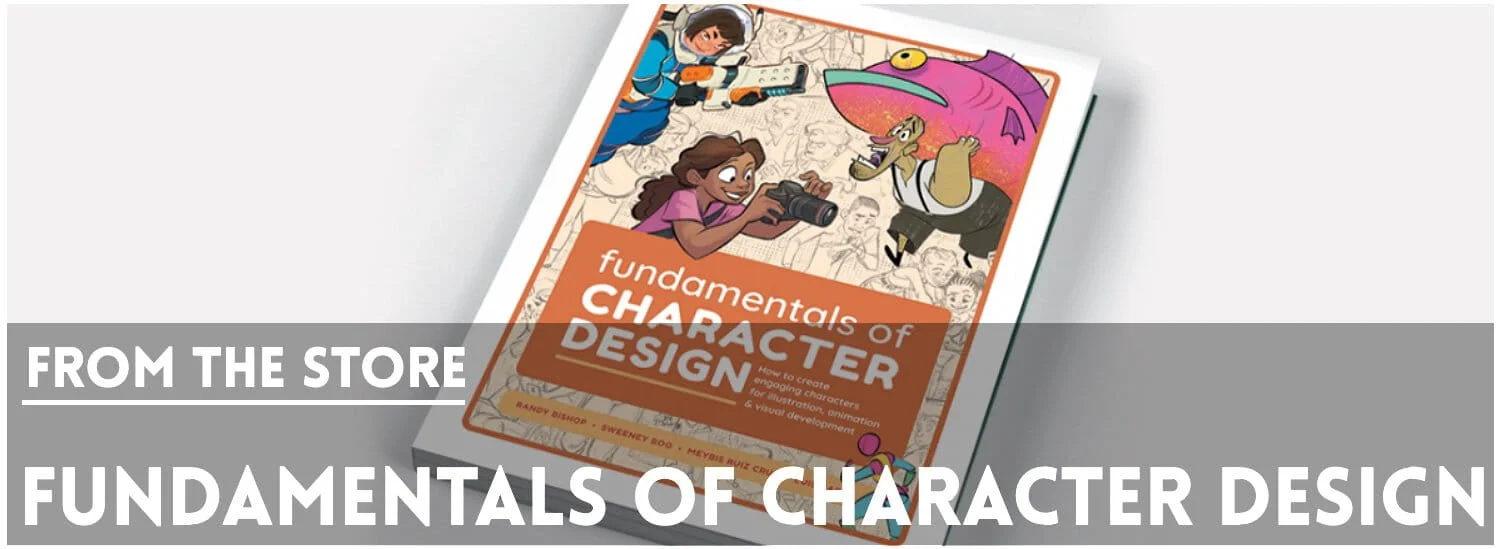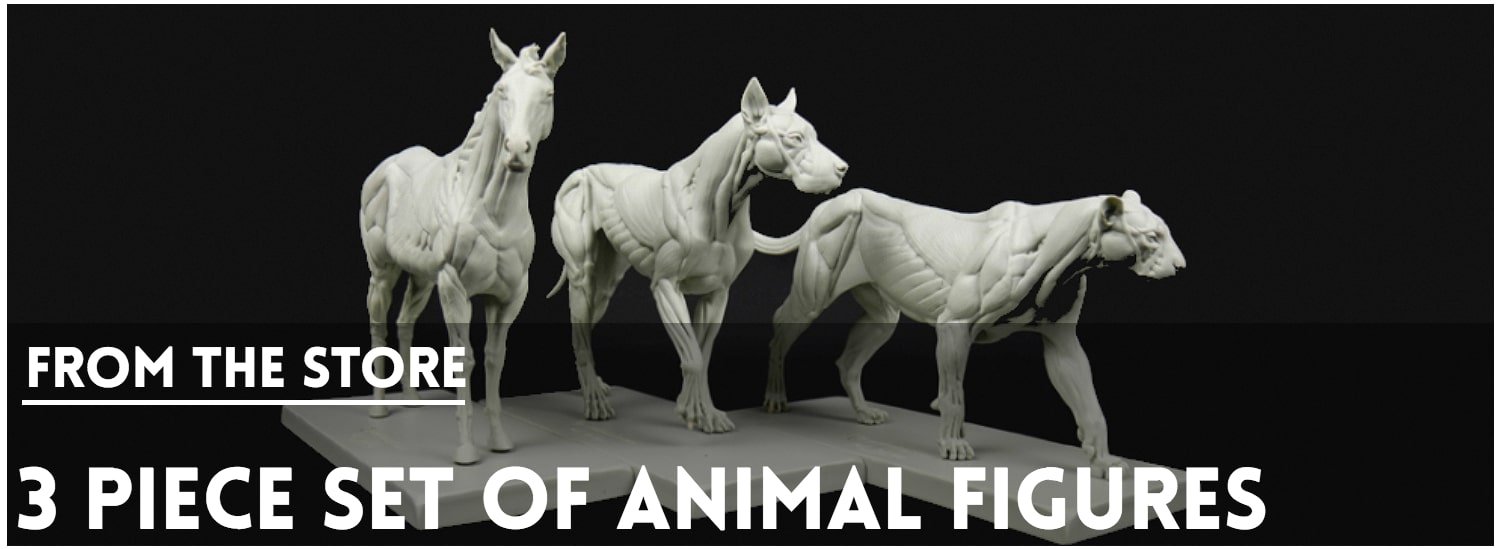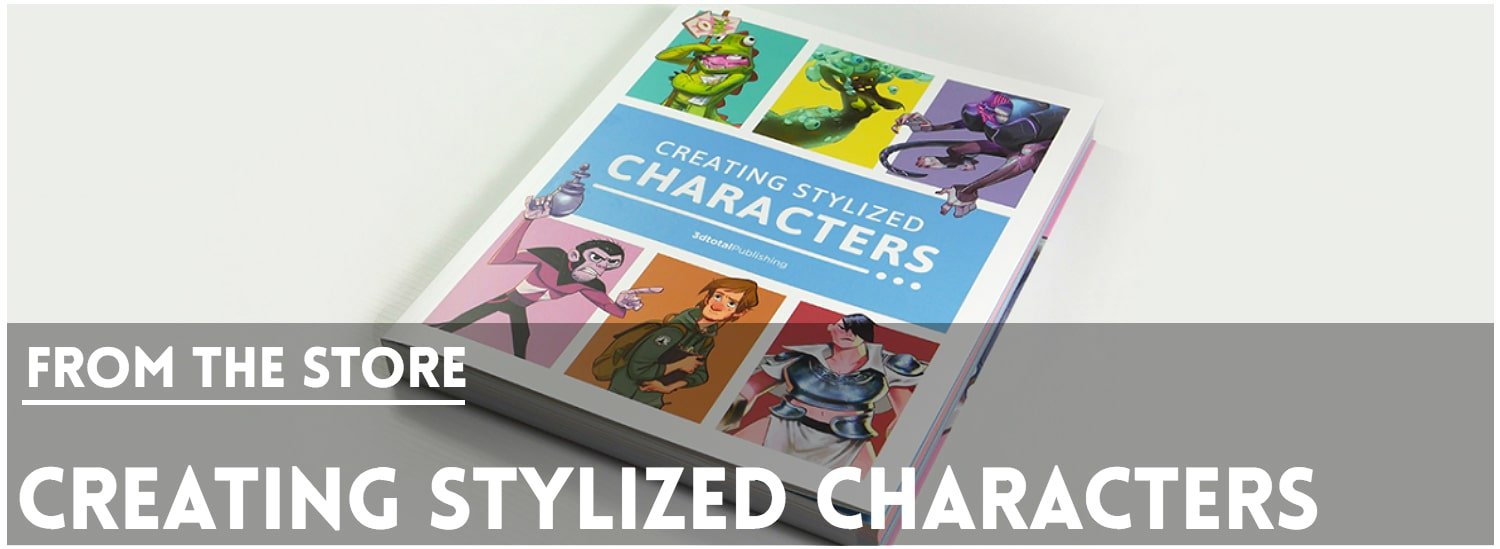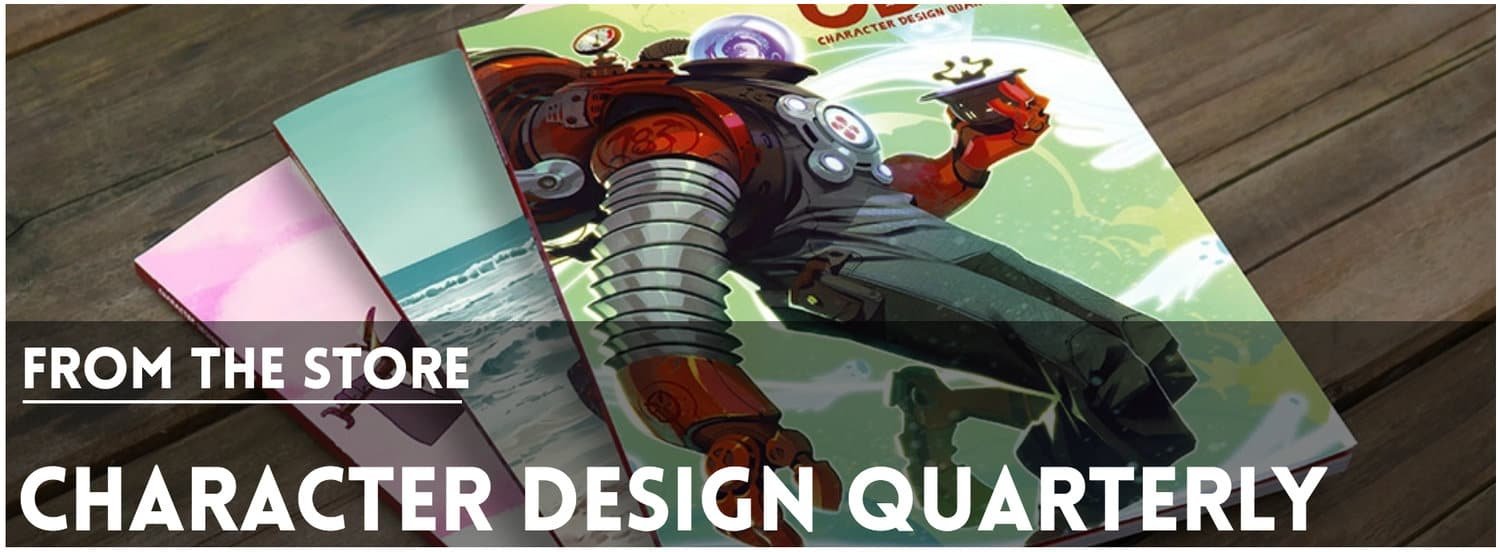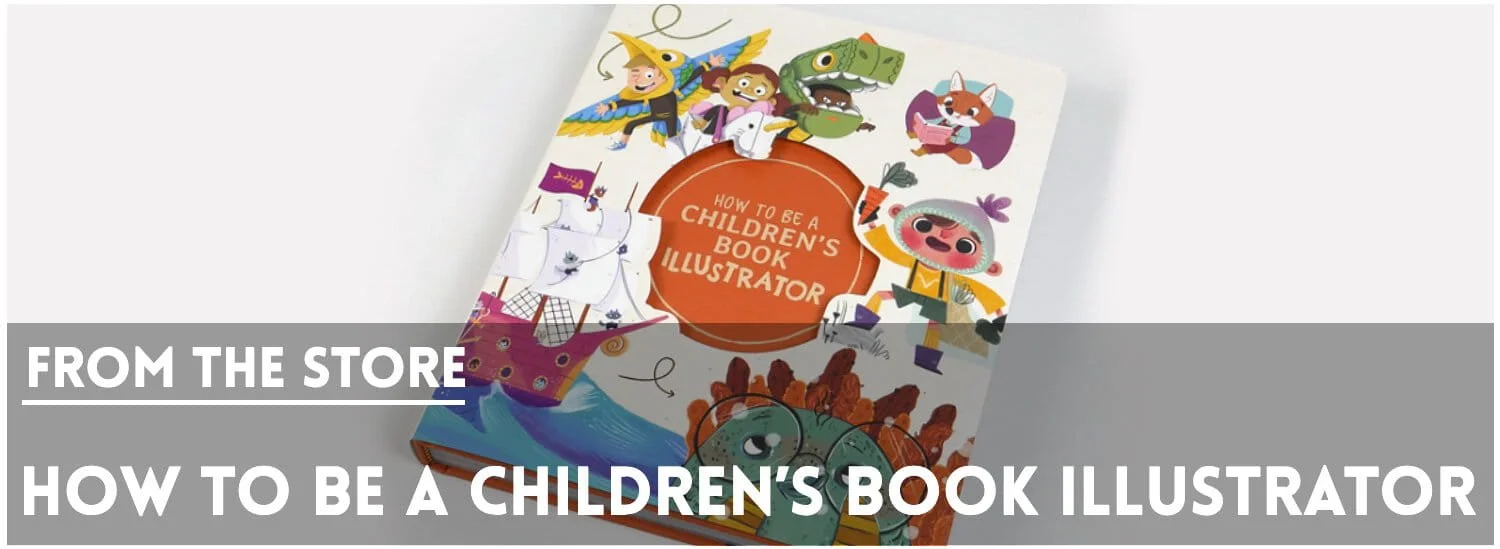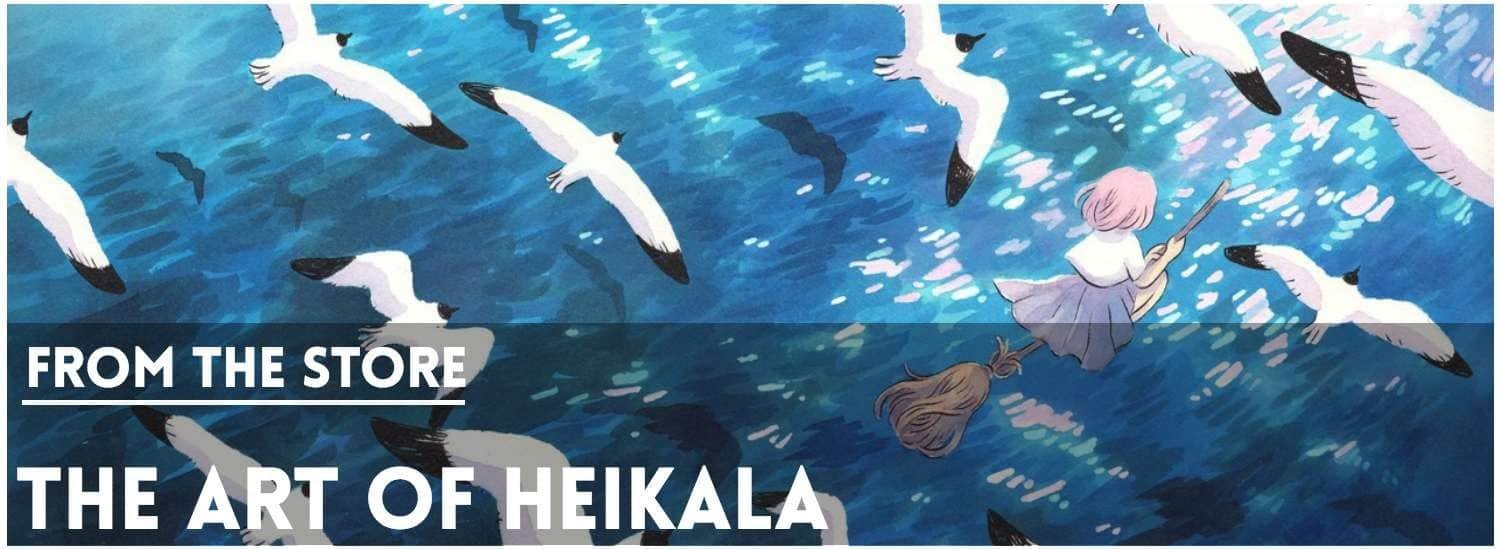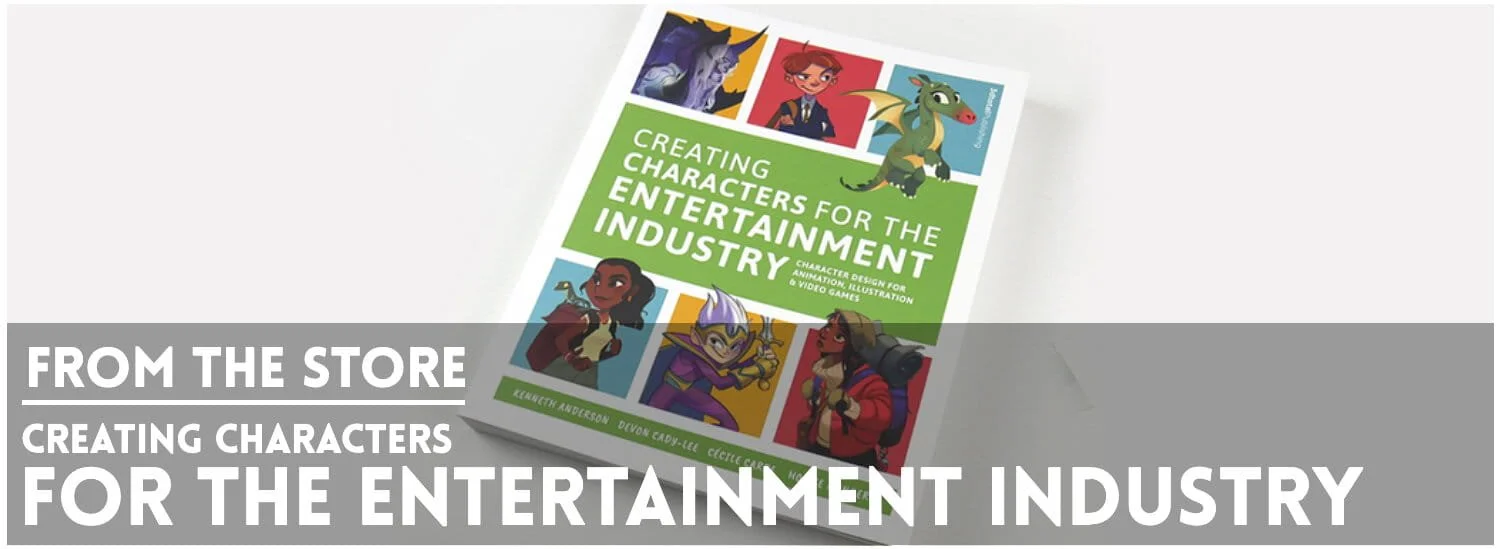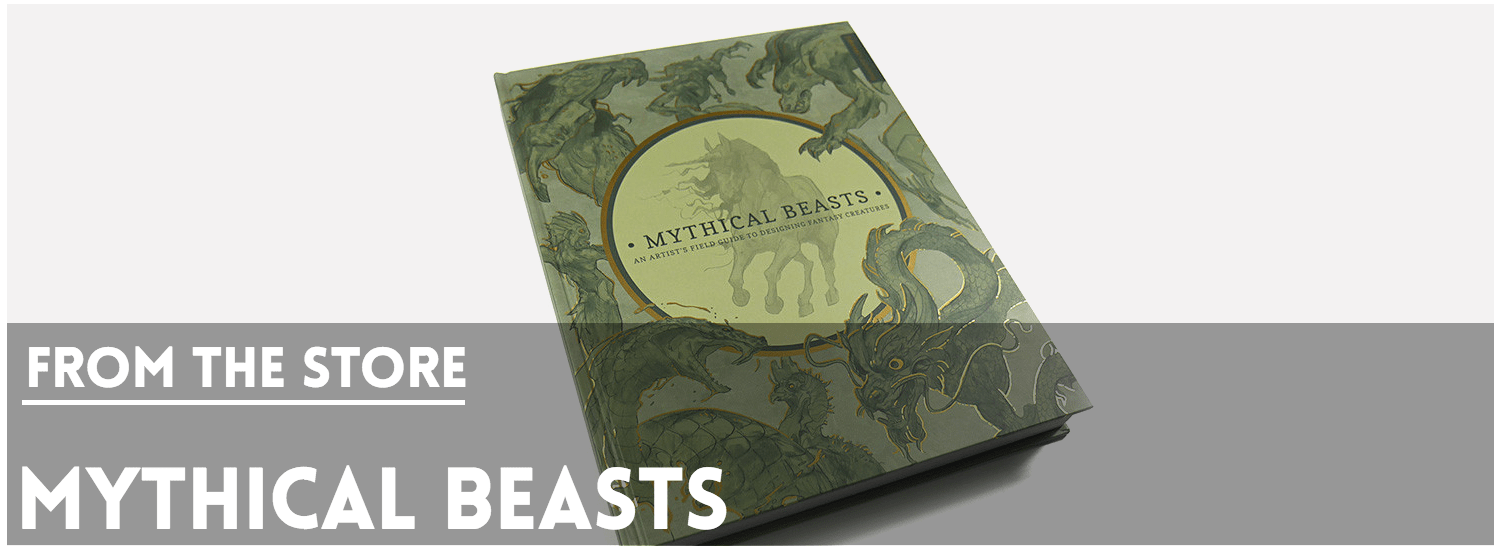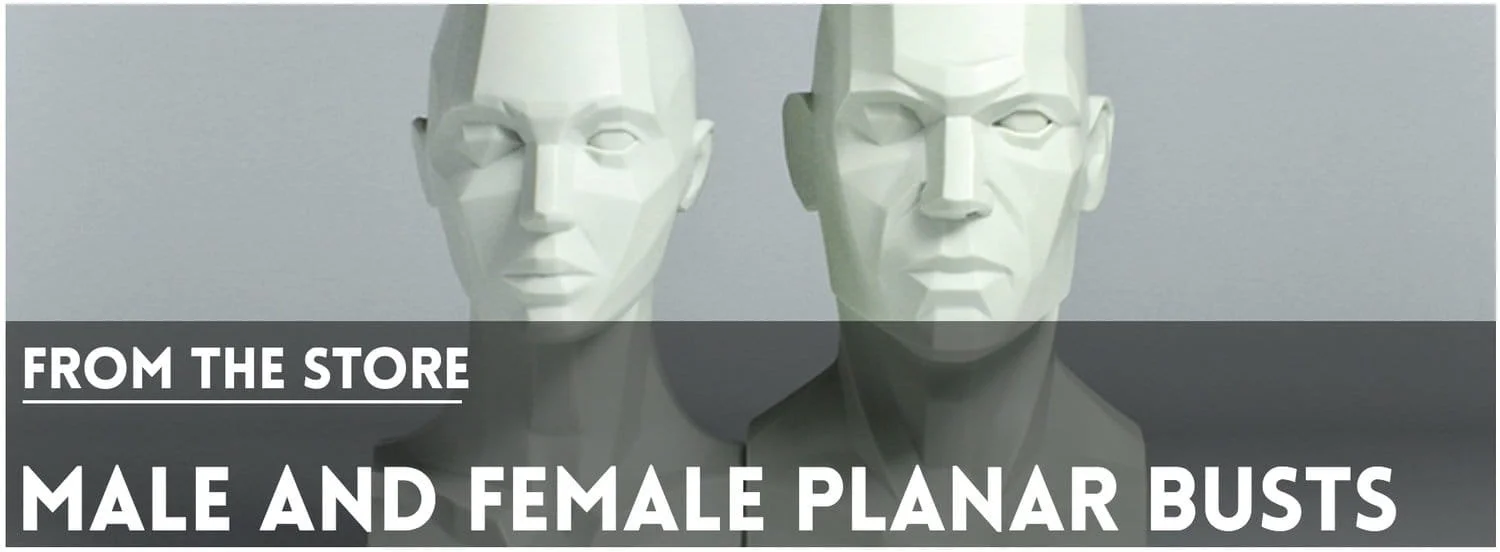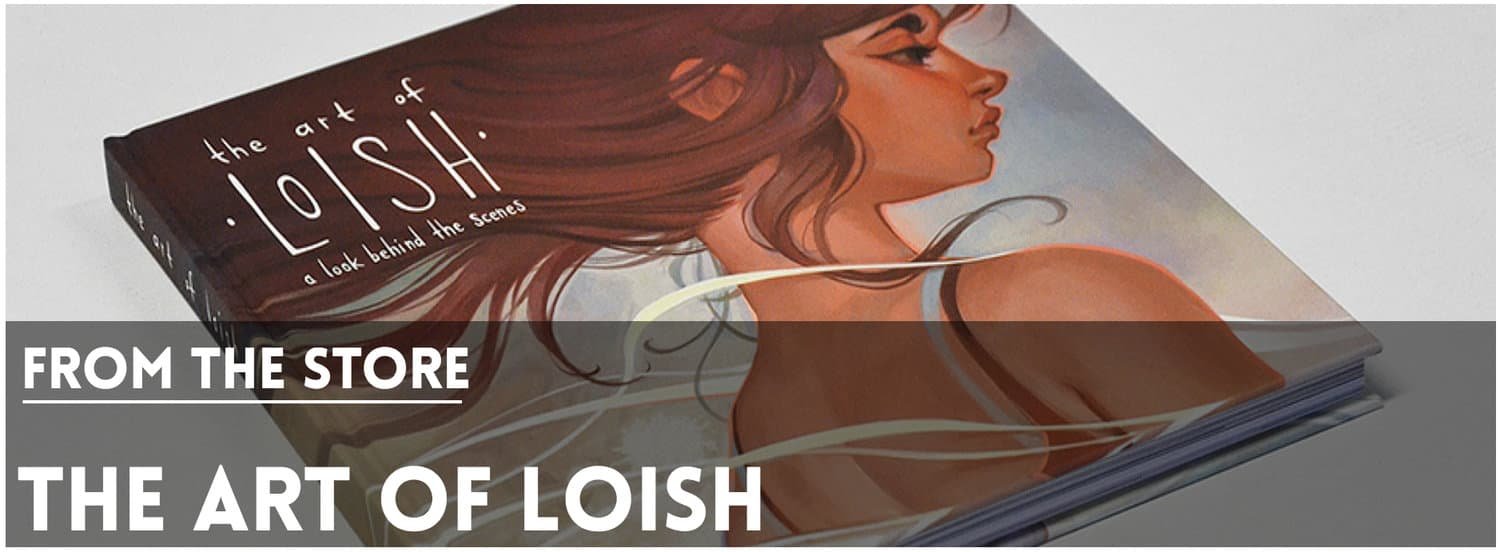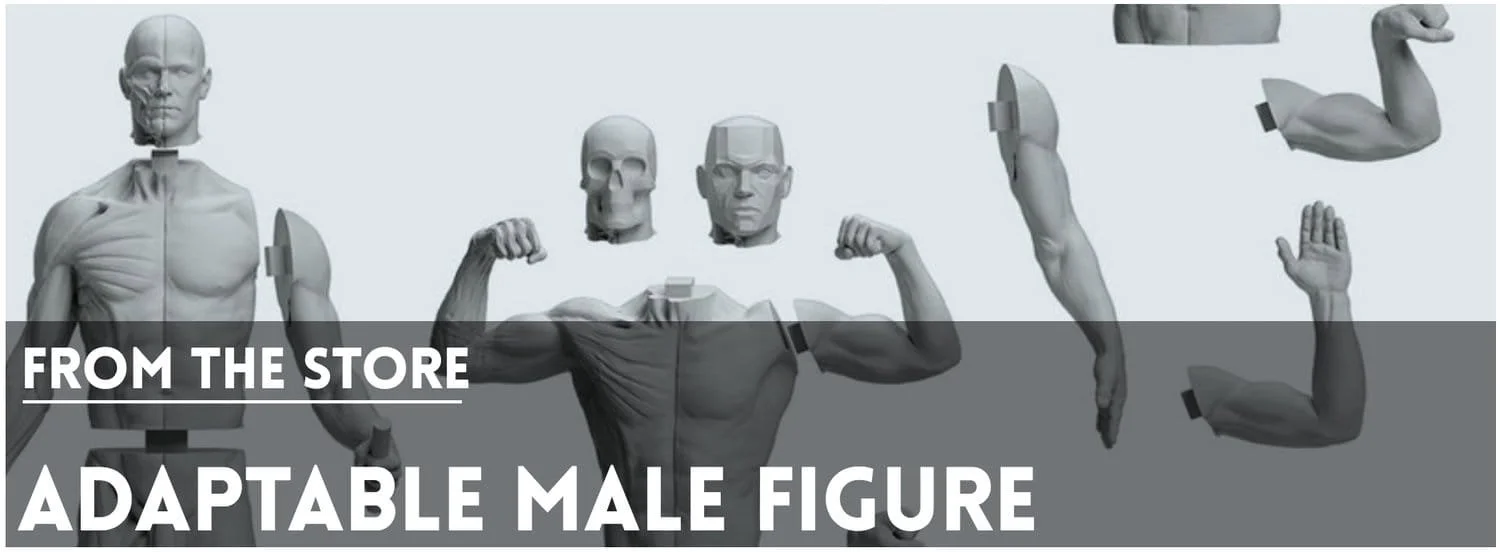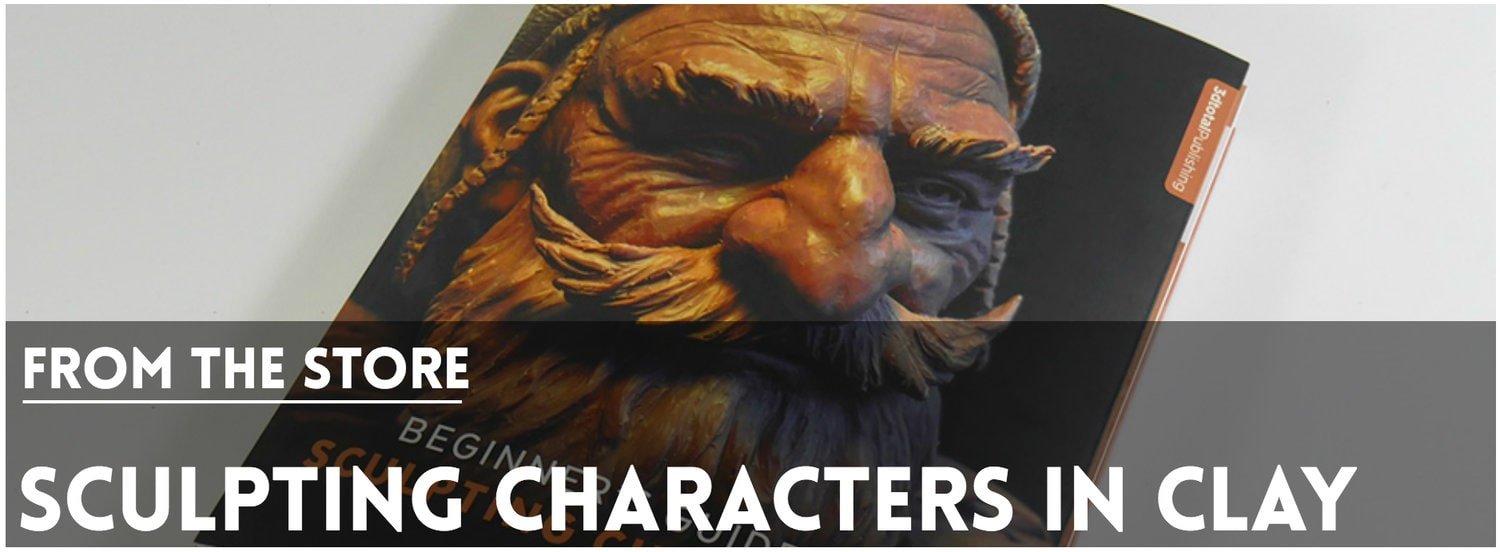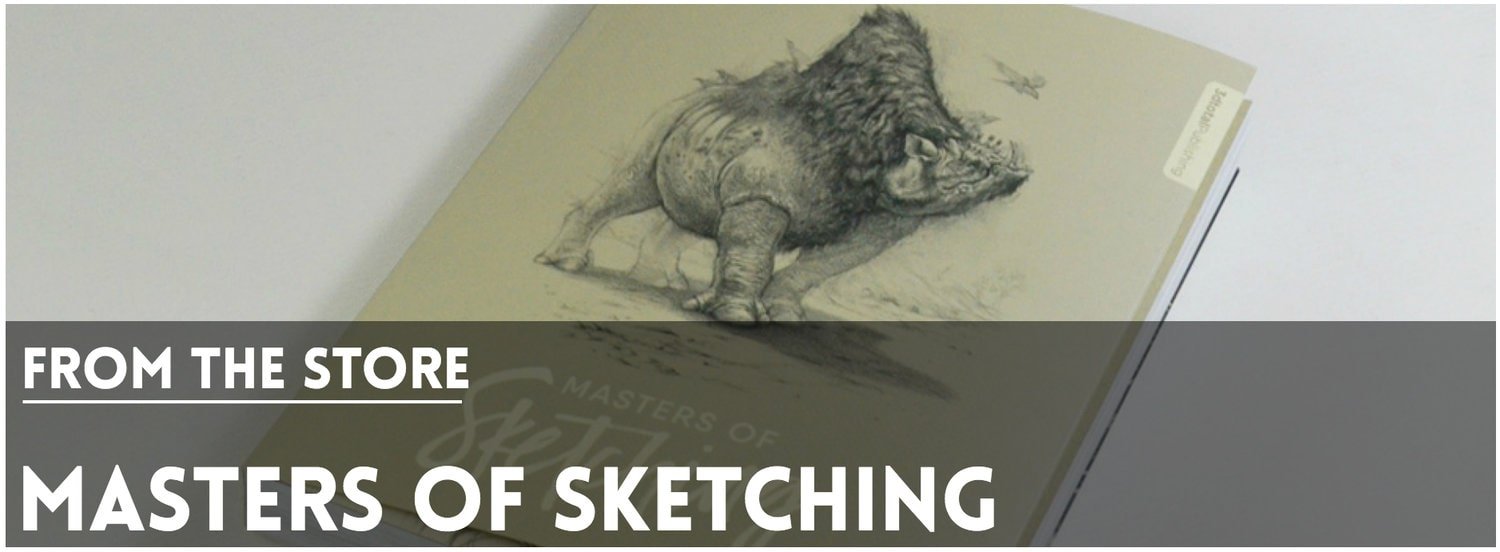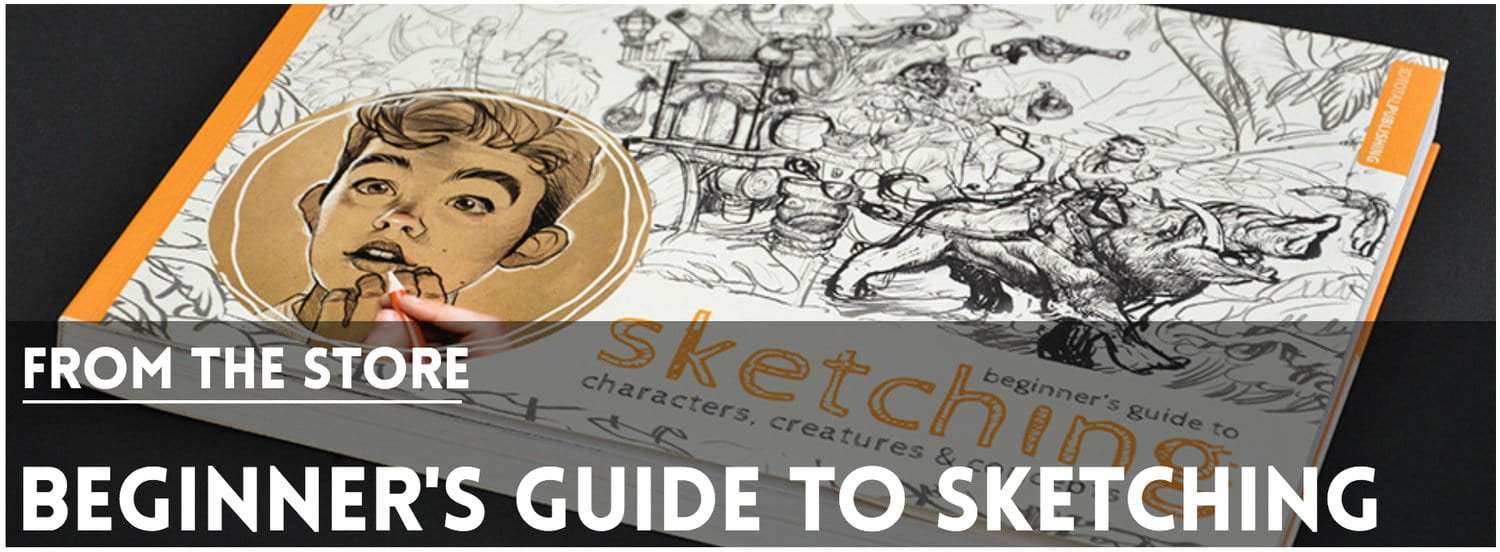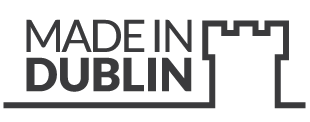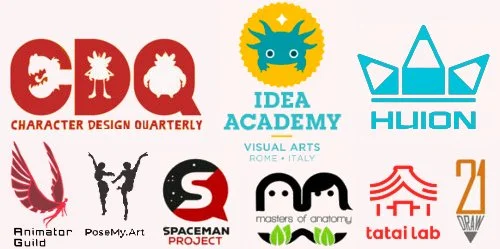Renan Porto
/Where did you grow up? At what age did you start thinking about pursuing an artistic career?
I grew up in a small town in the countryside of Brazil, where I lived until I turned 18. Drawing has been one of my favourite things as far as I can remember (I'd draw literally anywhere, it was a nightmare for my parents), so I think I ended up in this artistic path sort of naturally. When I joined high school, though, I made it official to friends and family that I was going to do art professionally.
Did you go to an art school or are you self taught? How did you develop your skills?
In my hometown art classes were very scarce, so I did take a few free courses whenever I could, but nothing like an art school. That’s one of the reasons I decided to move to Rio de Janeiro, to start studying art and improving my skills. I graduated in Design in the State University of Rio de Janeiro, and took a few other courses focused on drawing and painting. But definitely self taught studies and daily practice have played a major role in developing my skills.
Have you always been supported in your artistic path or has it been challenging to let your family and friends understand your choice?
I was very privileged in that sense, because my parents knew better than anyone else how much I loved to draw and how important that was to me, so they have never even questioned it, even though they've never had any particular contact with making art.
What was the strongest influence you had when you were growing up (artists, movies, cartoons, comics, etc.. )?
As a child I’d love to watch animes such as Saint Seiya and Yu Yu Hakusho, which were a big thing for me back then, as well as everything from Hanna Barbera and Disney. I remember watching the movie Fantasia several times in a row, I just couldn't get enough! I was also very influenced by the games I played, like Mortal Kombat and Street Fighter. Then Pokemon came out, and that became my favourite thing for years. I'd draw pokemons for everyone at school. As I got older, I started playing RPG and fell in love with medieval fantasy scenarios, which were the subject of most of what I drew as a teenager. I started reading comics sort of late, as there were not many available in my hometown.
Did you have a favourite subject to draw when you were a child and do you still have one today? If you do, what makes it so special?
I’d mostly draw things based on whatever I was watching/playing at that moment, so I had many favourite subjects. However, if I were to spot a pattern, I’d say that most of what I drew as a child had to do with warriors, super powerful beings and fantastic creatures. Nowadays I’m very into representing people, not necessarily super powerful, focusing on storytelling and exploring lighting and mood.
From the initial client idea to the final work: What goes through your mind and what is the method you use when starting a project? Could you describe it?
I normally start by having a conversation with the client in order to figure out exactly what they have in mind in terms of style, rendering, etc. Once that's settled, I start sketching, and come up with a few different proposals to check which one would be the best approach. After having a sketch approved by the client, I start the painting phase.
What is your process in creating your art and what are your favourite tools?
I start by sketching on a notebook, in order to put ideas down on paper. At that phase I make the most to be very spontaneous, so everything is still pretty rough. From those loose sketches I come up with a better defined drawing that contains the idea in a more precise and visually appealing way. That’s when I bring it to the digital platform, and start with the painting. I like to create shapes for every subject of my illustrations, then painting inside of them, that way I don't lose my initial silhouettes. Finally, I start adding lights to the scene, experimenting with contrast and trying to achieve the correct mood.
What part of the creation process is the most fun and easy and what part is the hardest?
For me the fun comes when most of the problems have already been solved, the characters look good enough and the composition is working, and I can finally focus on the painting phase, which is my favourite. So the hardest part of the process is the very beginning, when I have to figure out everything from scratch, and pick one of many ideas, without being sure if it's the best choice.
What is a typical day for you, and who are the people you work, collaborate or share your creative time with?
Currently I work full time at a video game company in Paris, so that’s where I spend most of my day. In the evenings I like to do some art studies and fill at least two pages of my sketchbook. I have also been working on a personal project whenever I have some free time. At my workplace I collaborate directly with other illustrators and animators, which is a great thing. I also do my best to be present on social media and art communities online, even though sometimes I fail at keeping track of everything.
What are some of the things you have learned from other artists who you have worked with or whose work you have seen?
A lot of things, definitely. I think the contact with other artists is very important to keep the mind open. Sometimes an insight from someone else is all you need to solve an issue in an illustration. That's one of the things I like about working in-house, it's easy to get feedback from colleagues.
Is there something that you have designed that you are most proud of?
Probably a personal project I have called The Wide World, which involves both art and storytelling, two of the things I love the most. The idea is to have an illustrated story that can be read from two different points of view. That way there are two versions for every illustration, with focus on different elements of the scene. The project has not yet been launched - in fact, I've been forced to put it aside a few times for not having enough time, and sometimes not enough motivation - but I intend to release it very soon!
What projects have you worked on in the past and what are you working on at the moment (if you can tell us)?
I've worked on several small projects along my career as a freelancer, from illustrations for books to concept art for animation, but I'd say the most remarkable ones were from the time I worked as a full time artist doing games in Germany, and now, in France. It's an amazing feeling to see your artwork making a difference in projects with such an impact.
Do you have a longterm career goal? What would your dream project be?
I'd love to work as a visual development artist for animated movies or games. For me to be responsible for figuring out how everything will look sounds very exciting and challenging. I'd also love to work on my own storybooks.
Working in-house for a company or freelancing: what suits you best? And why?
So far working in-house has suited me the best. Even though I love the freedom freelancing gives me, I've noticed that the fact that it's a more unstable routine can affect me in a negative way, making me less productive or even demotivated. When it comes to working in-house, the fact that it's a solid routine and I don't have to worry about going after clients, makes me feel in such control of things, that it's easier to make the most of my time, even if there’s less time left for personal work. Another positive thing is that working in-house I'm always surrounded by people, whereas as a freelancer it may get lonely.
What advise would you give to an artist who is dealing with an artist's block? How do you boost your imagination and keep yourself creative?
That's something I've been through recently, and that can indeed be very tricky. I think the first thing to do in that case is to stop blaming yourself; it doesn't help at all. Just take it easy, spend your time doing other stuff, watching movies, reading comics, listening to music, anything that could inspire you somehow. Then start drawing again, little by little, without pressure. Something that helped me a lot was doing fanart; once you're very involved with a theme, it's easier to make art out of it.
Concept art, animation, illustration, comics, you name it. There are so many careers and when you are very young, sometimes you know only one thing: you simply love to draw. In your opinion, what should a young person take into consideration to make the right decision when choosing an artistic path?
That was pretty much my case, I never had a clear idea of what career to follow, only that I loved to draw. As a teenager, though, I started to get in touch with other artists and make my research on that matter. Something that helped me a lot was trying to have as many different experiences as possible, specially after joining college, when I got to do my first internships and freelance works. That was important not only to figure out what I liked the most, but also what suited best my style and skills.
In your own experience, what would you suggest to someone who is inspired by your work and wants to follow your footsteps: should they work in one consistent style, or work on many different ones?
I honestly never managed to figured that out. For a long time being as versatile as possible has been the word of order for me, as I feared that having a very specific style from the beginning would make it harder to find a job. So I have done a bit of everything. But I think that varies from person to person; some artists succeed exactly for having such a consistent style, that people remember it easily. I’d suggest anyone to do whatever makes them the happiest, and suits that current moment of their lives. For the past few years I’ve been working on a more personal way of doing things, but I do think working in different styles has been important back then too.
If you had to recommend only one art book (a comic book, graphic novel, children book, ''how to'' book) to a fellow artist, what would it be and why?
I'm a big fan of the Sandman graphic novels, by Neil Gaiman, and would recommend it to anyone. The cool thing about that series is that it has been drawn by many different artists, so it's also very inspiring artistically. As for books that talk about art itself, probably my favourite one is Color and Light, from James Gurney.
What’s your point of view about the industry today: what are the expectation for someone who wants to make a living with an artistic career?
I think it keeps growing and there's more and more work for artists from different backgrounds out there. It might be rough in the beginning, as there's a lot of competition too, but with the right amount of focus and effort, I can't see a reason not to go for it.
Who are the artists who inspire you the most today and what are some of your favourite designs out there?
Oh there are many of them! Dice Tsutsumi, Robert Kondo, Nesskain Hks, Alexandre Diboine, Péah, Gop Gap, James Castillo, José Manuel Oli, Fernando Peque and Tiago Hoisel to name a few.
We have a soft spot for hand drawn animation, what is your opinion about the future of this art form?
I wish it will continue existing, it's my favourite type of animation too! But I honestly don’t know, maybe the new generations won’t care for it as much as my generation does, as they got used to computer animation since an early age - which is a pity.
Social networks, crowd funding websites, print on demand online services and so on. New media on the Internet are connecting the artists directly with their fans like never before. In your opinion, how is this affecting the industry and what are the pros and cons?
Well, definitely social networks have been super helpful for artists! Having direct access to what my favourite artists are doing is an amazing thing. If I were to do that by any other means (attending to conventions, for example) it would most likely be too far and/or expensive (again, I'm from a small town in Brazil). In fact, what really helped me to understand what it meant to be a professional artist and pushed me forward to improving my skills was being exposed to other artists' work online. That kind of visibility - now, speaking as an artist - has also helped me a lot connecting with potential clients and employers. So yes, I think it affects the industry enormously, and mostly in a positive way. Maybe a negative outcome of all that exposure is art theft. Since the artwork is available online, some people seem to think they can use it in their own projects without permission (it has happened to me several times).
When clients contact you for a commission, what essential info should they include in their very first email in order to communicate with you efficiently and effectively?
It's enough to include what the project is about and what exactly they're looking for, so I can estimate how much time it would take and make a counter-proposal. It's also helpful to send references of style and rendering in advance.
Finally, where can we see your art online and get in touch with you? How can we buy your creations and support your work?
You can follow me on Facebook ( facebook.com/renanbporto ), check my profile on Behance ( behance.net/renanbporto ) or send an e-mail to ( renanbporto@gmail.com ). If you'd like to check what my project The Wide World is about, this is the website: ( thewideworldbook.com ). Thanks a lot! :)
Thank you Renan :)
